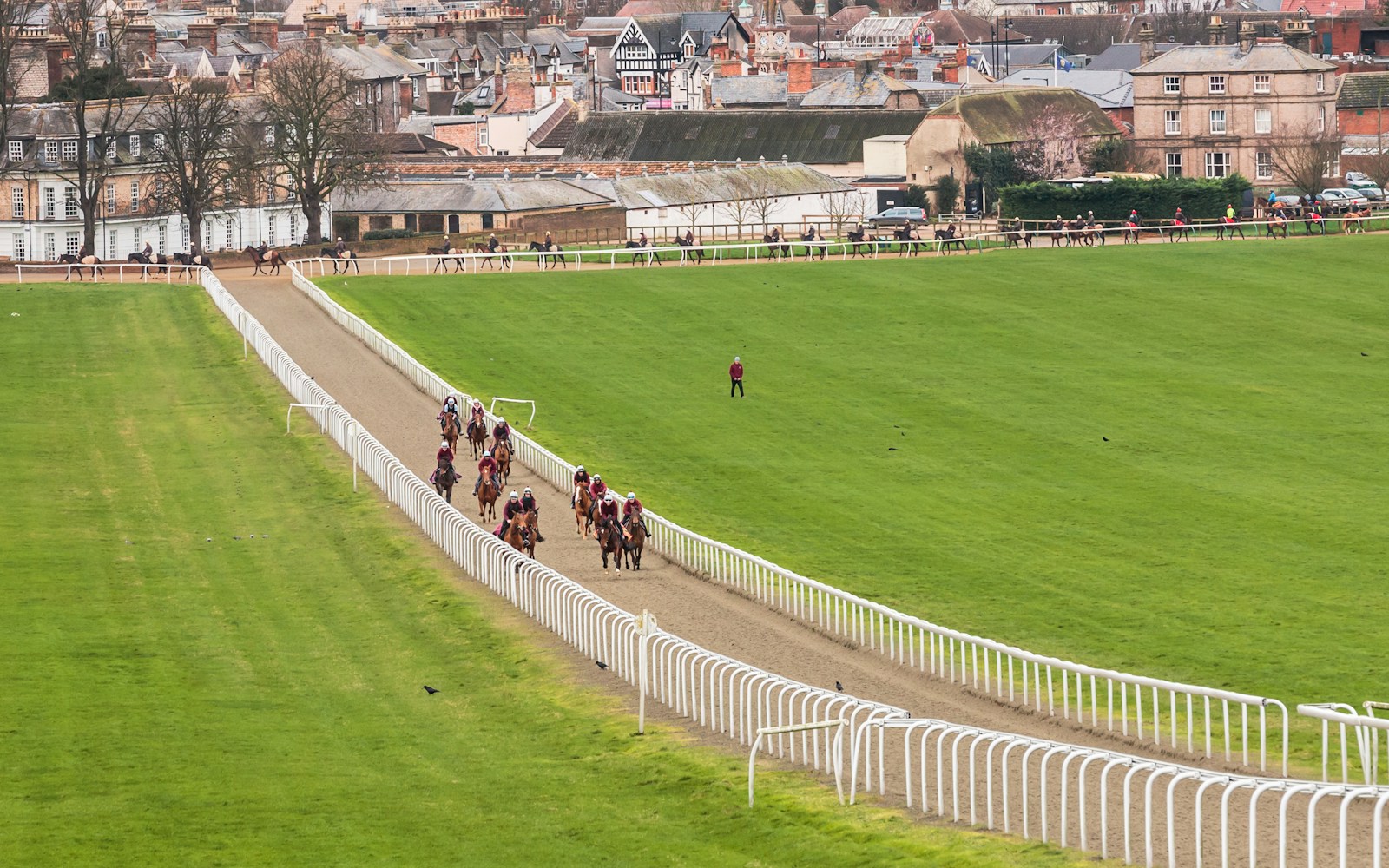
pratique

practice
The French word for 'practice' is 'pratique'. It can be used in a variety of contexts, similar to the English usage, such as talking about a habit, custom, or routine (e.g. 'c'est une pratique courante' means 'it's a common practice'), to refer to practicing a skill (e.g. 'la pratique du piano' means 'practicing the piano'), or in a medical context (e.g. 'pratique médicale' means 'medical practice'). As with English, the French word 'pratique' can shift between these different meanings depending on context.
Example sentences using: pratique
Elle trouve la théorie plus facile, mais préfère la pratique.

She finds theory easier, but prefers practice.
In this context, 'pratique' refers to the act of doing something, as opposed to studying or understanding the theoretical part.
C'est une pratique courante dans de nombreuses cultures.

It's a common practice in many cultures.
Here, 'pratique' is used to refer to a customary or typical way of doing things.
La pratique du piano me prend beaucoup de temps.

Playing the piano takes a lot of my time.
In this sentence, 'pratique' refers to the act of practicing or repeating an action to develop a skill.
Il essaie de mettre en pratique ce qu'il a appris.

He's trying to put into practice what he learned.
In this scenario, 'pratique' means the application of a theory or learned skill.
C'est dans la pratique que l'on apprend le mieux.

It's through practice that we learn best.
In this phrase, 'pratique' implies 'practical work' or 'trying by doing', expressing that this is where the best learning takes place.
La pratique du yoga améliore la flexibilité.

Practicing yoga improves flexibility.
Here, 'pratique' is used to refer to the action of repeatedly doing yoga to enhance one's flexibility.
J'aime le côté pratique de cette solution.

I like the practical aspect of this solution.
In this context, 'pratique' means 'practical', referring to the beneficial and useful features of a proposed solution.
La pratique fait le maître.

Practice makes perfect.
The term 'pratique' here is used to illustrate the idea that continuous practice is the key to becoming skilled at a task.
Cet outil est très pratique.

This tool is very handy.
In this example, 'pratique' means 'handy' describing an object or tool that is convenient to use.
Il est pratique de parler plusieurs langues.

It is practical to speak several languages.
This sentence shows that the subject finds it useful or beneficial ('pratique') to be able to speak multiple languages.